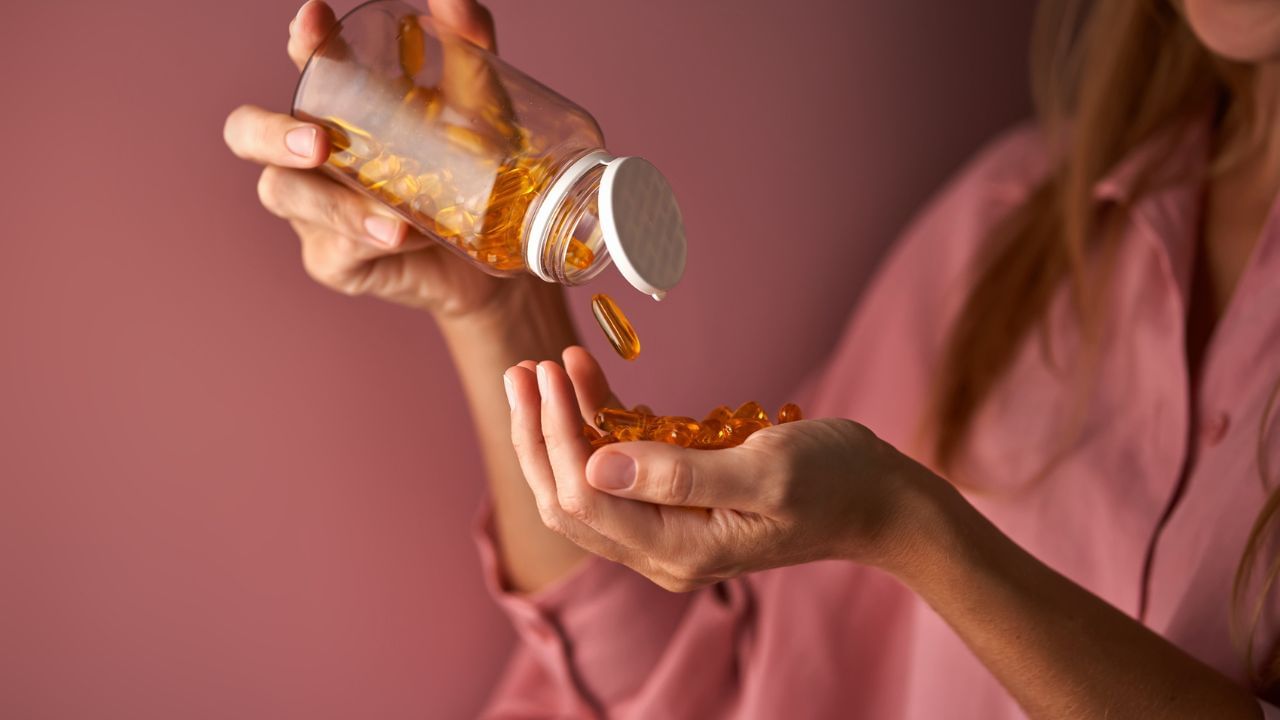Why is there a deficiency of vitamin EImage Credit Source: Getty Images
Vitamin-e deficiency: Vitamin E is an essential antioxidant that protects the cells of the body from free radicals and strengthens immunity. It is very important for the health of the skin, eyes, muscles and brain. But if there is a deficiency in the body, then gradually many problems begin to emerge which can take the form of serious diseases later.
Vitamin has difficulty in digesting fat in the body. Since vitamin E dissolves in fat, in the event of not digesting fat, vitamin-E is also not mixed in the body properly. This problem is usually seen in the problem of liver, pancreas, or intestinal diseases such as selective disease, Crohn disease or gallbladder.
Why Vitamin-e is lacking
Dr. Ajit Kumar in Medicine Department at GTB Hospital in this regard Have told
1Muscle weakness and pain
Lack of vitamin E does not provide nourishment to the muscles, causing weakness, fatigue and muscle pen. This deficiency reduces the speed of muscle working for a long time.
2. Nerves and neurological problems
It secures the vitamin nervous system. Due to its lack, symptoms like numbness, tingling, balance problem and difficulty walking are revealed. These symptoms can point to neurological disorder.
3. Weak immunity
Vitamin E activates and strengthens the immune system, but when it is lacking, the body’s immunity weakens and repeated infections.
4. Vision related problems
Lack of this vitamin can affect eyesight. Especially with aging, this deficiency can cause blur in the eyes and problems related to the retina, which can gradually weaken the eyes.
5. Skin and hair health deteriorating
Vitamin E deficiency makes the skin dry and lifeless. It may cause irritation, itching or premature wrinkles. Hair dryness, fall and splitted hair can also be associated with this deficiency.
6. Anemia (anemia)
Vitamin E protects red blood cells from oxidative damage. Due to its deficiency, cells start to break quickly, which increases the risk of anemia, especially in children and pregnant women.
What to eat in vitamin E deficiency
Eat spinach and green leafy vegetables, eat almonds, 1 teaspoon of sunflower seeds, avocado (avocado), eat nuts like walnuts, peanuts and pistachios. Use a limited amount of vegetable oils (Sunflower, Olive, Canola) for cooking. Fatty fish (salmon, mackerel) is a great source for non -veg eaters. Apart from this, take flax seeds and chia seeds, vitamin E supplements (if needed) when sufficient amount of vitamins are not found from the diet.
Take all the advice mentioned here by talking to the doctor, do not take yourself.
